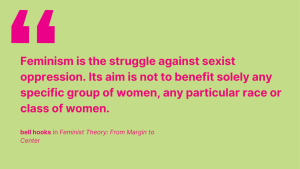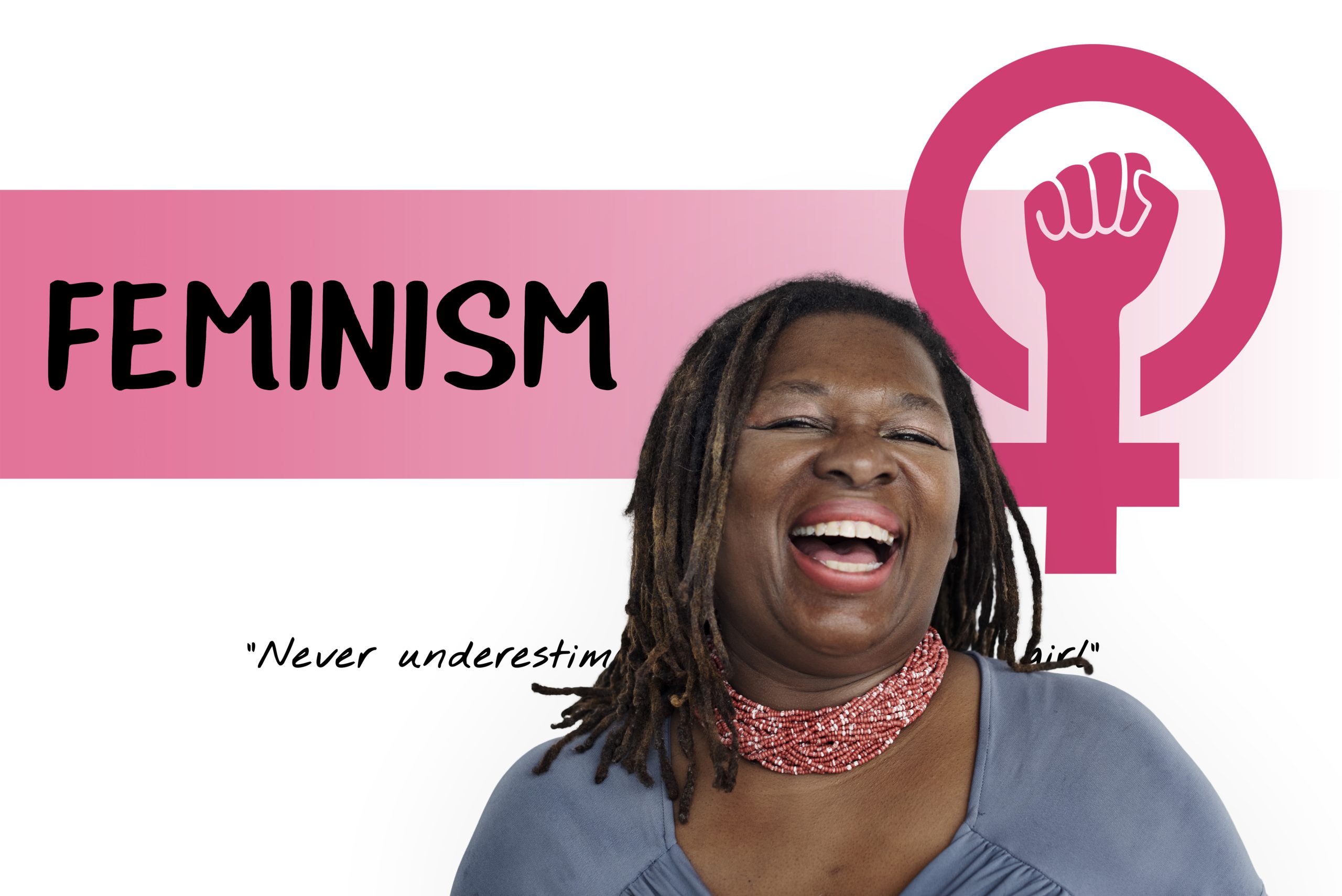In the world of gender equality discussions, it’s crucial to distinguish between feminism and misandry while also exploring their parallels with misogyny. To understand the differences and similarities between these concepts, we’ll delve into the critical nuances, all the while highlighting the dystopian aspect that sets misogyny apart from misandry.
Feminism: A Quest for Equality
Feminism is a powerful socio-political movement striving for gender equality. It aims to break down longstanding societal norms that have favored men over women throughout history. Issues such as the gender pay gap, reproductive rights, and gender-based violence are at the forefront of feminist goals. It emphasizes the need to confront systemic gender bias and discrimination that women have faced.

Misandry: A Harmful Extremity
Misandry, on the other hand, represents an extreme aversion or hatred towards men. It’s important to stress that misandry is not representative of feminism as a whole. It’s a fringe mindset that fosters a negative and harmful attitude towards men. In most cases, it doesn’t translate into tangible, real-world consequences.
Comparing with Misogyny: The Dystopian Angle
Now, let’s explore the contrasting impact of misogyny and misandry through a dystopian lens:
Misogyny: The Reality
Imagine a dystopian society where one gender is ruthlessly oppressed and marginalized while the other is deeply resented. Misogyny embodies this horrifying scenario, perpetuating systemic discrimination and violence against women. The consequences are tangible, far-reaching, and often life-altering, leading to wage disparities, underrepresentation in leadership roles, and a wide array of socio-economic and health disparities. Misogyny creates a bleak, world where women are subjugated and disempowered.
Misandry: An Unrealized Threat
In contrast, misandry remains largely at the level of hateful rhetoric. While undeniably problematic and objectionable, it doesn’t give rise to similar systemic issues or violence against men. In comparison, misandry doesn’t result in the same real-world consequences as misogyny. It’s like a storm in a teacup compared to the hurricane that is misogyny.
In conclusion, feminism seeks to uplift both men and women, dismantling gender-based discrimination. Misandry, while harmful, is a fringe mindset with limited real-world impact. Comparing these to misogyny underscores the stark difference – misogyny is a dystopian reality where women face tangible oppression and violence, while misandry remains, in most cases, an action-fueled hate with minimal real-life consequences. Understanding these distinctions is pivotal for fostering a more equitable society.
READ: Reasons Why I Believe Jada Pinket Smith is an Igbo Girl http://www.instagram.com/gleetzmagazine








